In modern business it is not the crook who is to be feared most, it is the honest man who doesn't know what he is doing
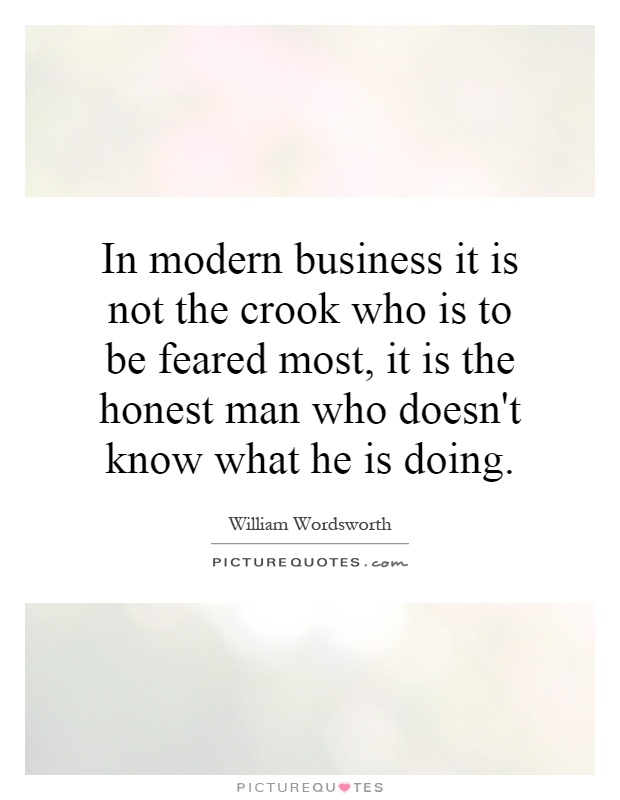
In modern business it is not the crook who is to be feared most, it is the honest man who doesn't know what he is doing
William Wordsworth, a renowned English poet of the Romantic era, often explored themes of nature, humanity, and the complexities of the human experience in his works. The quote, “In modern business it is not the crook who is to be feared most, it is the honest man who doesn't know what he is doing,” can be interpreted through the lens of Wordsworth’s philosophy and poetry.Wordsworth’s poetry often celebrated the beauty and simplicity of nature, emphasizing the importance of living in harmony with the natural world. In the context of the quote, one could argue that the “crook” represents those who exploit and manipulate the natural world for personal gain, while the “honest man who doesn’t know what he is doing” symbolizes individuals who unintentionally harm the environment due to their ignorance or lack of understanding.
Wordsworth believed in the power of self-reflection and introspection, encouraging individuals to examine their actions and motivations in order to live a more meaningful and fulfilling life. In the context of modern business, this philosophy can be applied to the idea that it is not always malicious intent that causes harm, but rather a lack of awareness or knowledge.
The quote also speaks to the idea that good intentions are not always enough in the complex world of business. In today’s fast-paced and competitive business environment, it is essential for individuals to have a deep understanding of their industry, market trends, and best practices in order to succeed. Without this knowledge, even the most well-meaning individuals may inadvertently make decisions that have negative consequences for themselves, their organizations, and society as a whole.
Wordsworth’s emphasis on the importance of mindfulness and self-awareness can be seen as a call to action for modern business leaders to prioritize education, training, and continuous learning in order to make informed and ethical decisions. By cultivating a deeper understanding of their industry and the impact of their actions, individuals can avoid the pitfalls of ignorance and unintentional harm, ultimately leading to more sustainable and responsible business practices.
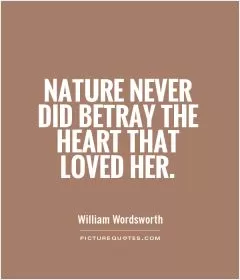
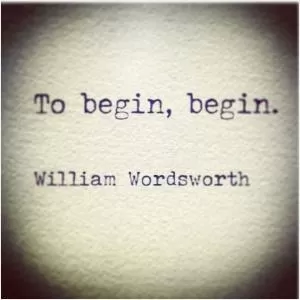
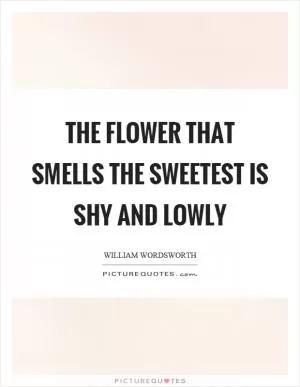
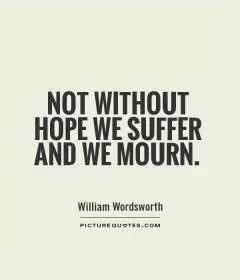
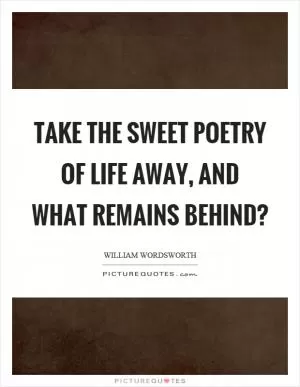


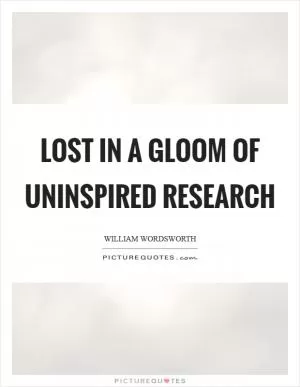
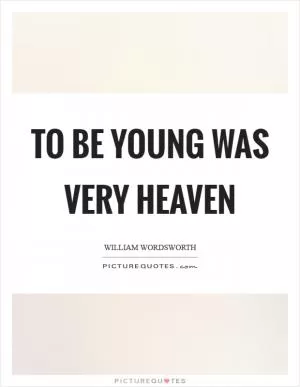
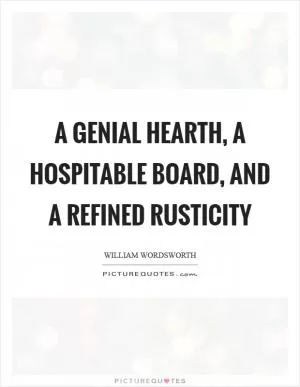
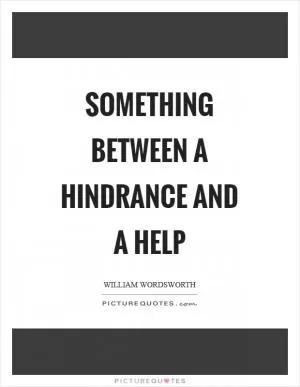
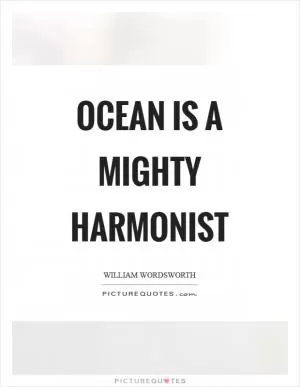
 Friendship Quotes
Friendship Quotes Love Quotes
Love Quotes Life Quotes
Life Quotes Funny Quotes
Funny Quotes Motivational Quotes
Motivational Quotes Inspirational Quotes
Inspirational Quotes